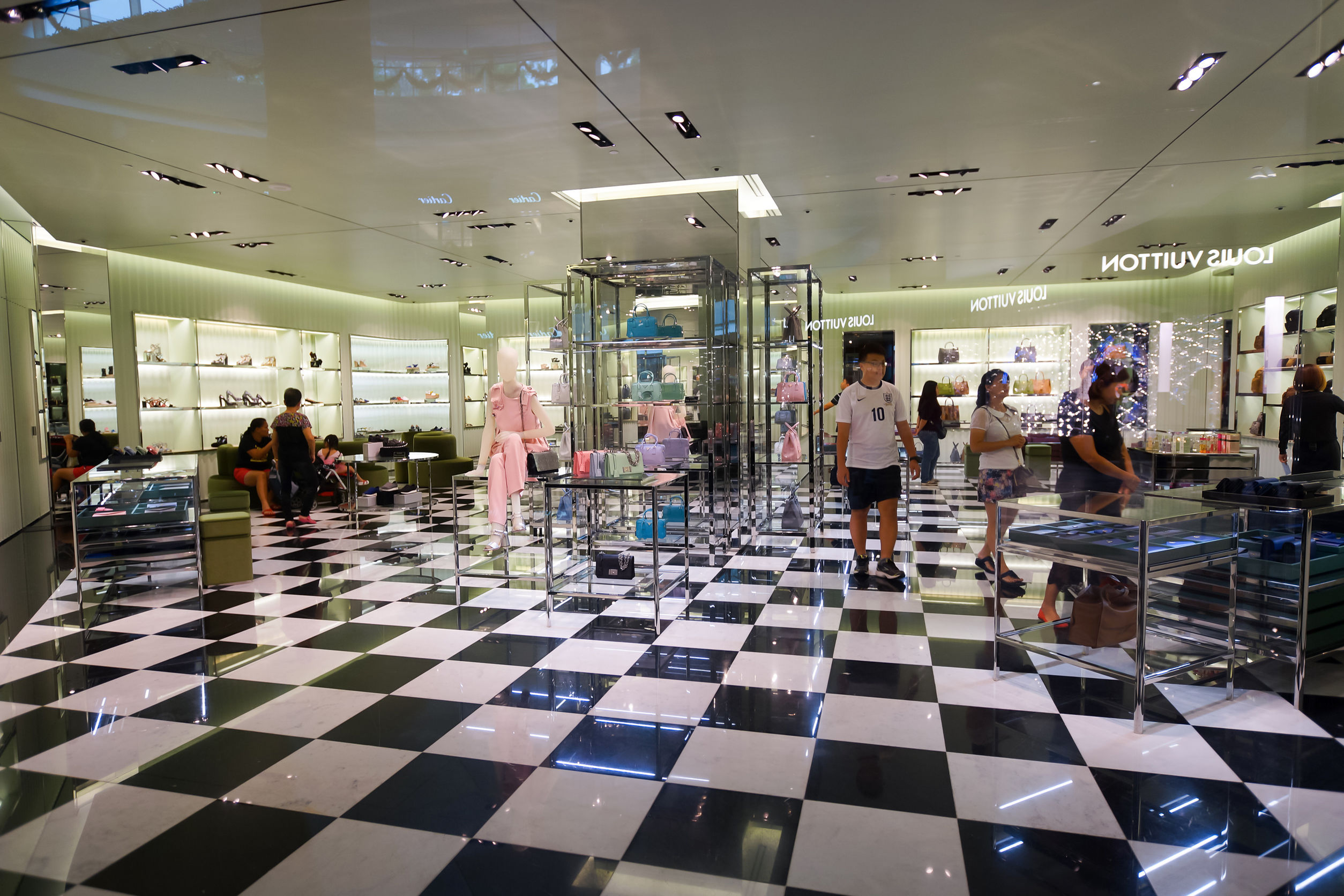Singapore mulls progressive wage model for retail sector
- Charles Chau

If implemented, the model will increase the salaries of a large number of low-wage workers in the retail sector such as salespeople and cashiers in supermarkets, convenience stores and fashion outlets.
The PWM aims to raise the wages of workers via upgrading skills and improving productivity. It has been implemented in sectors such as cleaning, landscaping and security which hire about 80,000 workers, with most of them being low-wage earners. It will be mandatory for the lift and maintenance sector next year, and will be applied to the waste management sector next.
The National Trades Union Congress, which has been advocating for a PWM in the food services and retail sectors, has estimated that the model will benefit 70,000 workers if PWM was implemented in these two sectors.
Zaqy said about 45% of resident full-time employees in the retail sector earn salaries which are at or below the bottom 20th wage percentile of the local workforce. In 2020, the 20th percentile income of resident full-time employees was $2,340, including Central Provident Fund contributions.
The minister also noted that the retail sector – which employs the highest number of low-wage earners – is a diverse one, ranging from high-end luxury boutiques to minimarts in the heartlands, with each having its own remuneration and employment structure.
READ: Gig workers in Singapore need help in terms of social security
If the wage model is implemented, operating costs for retail employers may rise by about 5%, Zaqy said, citing simulations his team had done. This could raise prices of goods and services.
Zaqy, who is the chairman of the Tripartite Workgroup on Lower-Wage Workers, said the group has been studying the implementation of the PWM in various sectors, and targets to provide an interim update by the middle of this year, according to The Straits Times.






